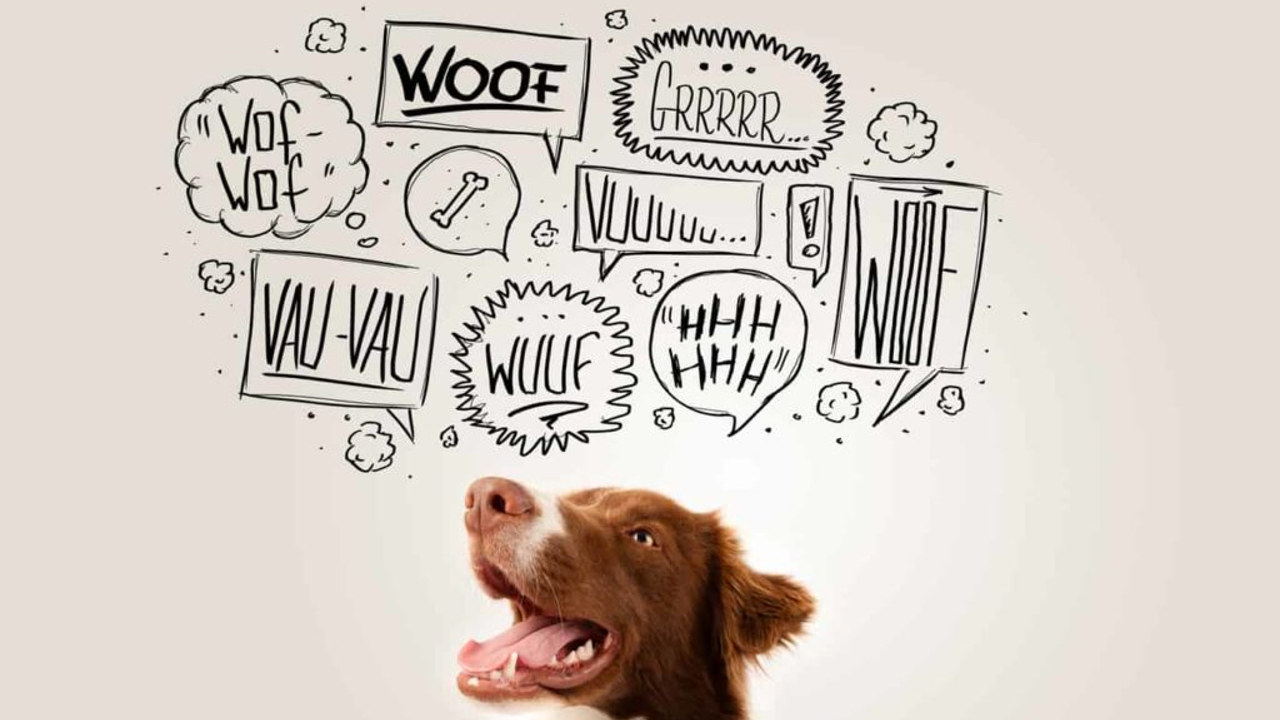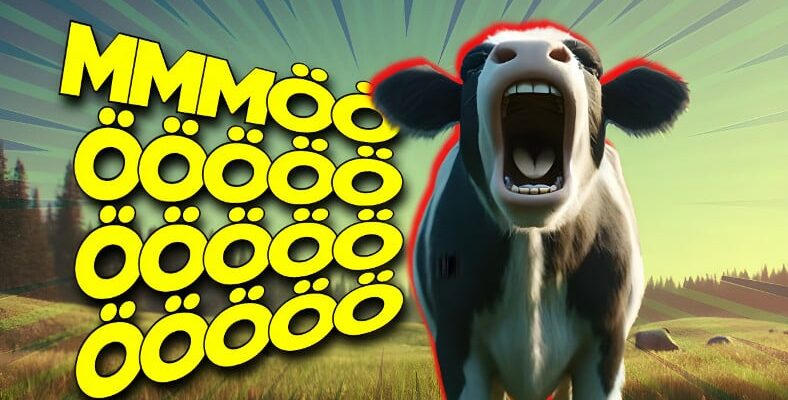Each animal has its own unique voice. While the cow says “moo”, the cat says “meow”. So what causes this difference?
He has been learning the sounds made by animals since he was a child. We start learning with fun songs. Maybe they’re even one of the first things we learn.
However, most of the time, this difference in the sounds they make We do not question the reason. Now that you think about it, if you are wondering, let us give you the answer.
The first reason is their anatomical structure.
Since animal species are anatomically different from each other; vocal cords, tongue, teeth, lips Sound producing organs are also different from each other. Just as we humans move our tongue to different places in our mouth when we make certain sounds (letters that make up words); Animals also do this in accordance with their own vocal organs.
As a result of these anatomical differences, in the tone and frequency of the voice differences emerge. For example, dogs’ vocal cords are thicker and stronger than cats, resulting in deep barking sounds. Since cats’ vocal cords are thin and flexible, they produce higher-pitched sounds.
Top: Dog vocal cords, Bottom: Cat vocal cords
In addition, the shape of the animals’ mouth and nasal cavities also differentiates the sound. This even causes differences in the same species. For example, dogs with long noses, thanks to their nasal cavities, deeper sounds They can remove it.
Another reason is communication needs.
During the evolution process, animals developed their voices according to both environmental conditions and social structures. Finding a mate, protecting their territory, developing social relationships, warning of danger… All of them were influential in shaping these sounds.
To give an example, cats are predators and catch their prey by ambush. That’s why more a quiet life They have shapes. Since dogs are pack animals, they have developed a stronger barking sound that can be heard from a distance. They also need a stronger voice to alert other members of the herd to danger.
In short, we can say that evolution and adaptation are the only reasons.

The sounds made by animals have changed throughout their evolutionary processes. according to survival strategies and living conditions took shape. Since each species has completely different strategies, environments and living conditions, these differences are also reflected in their sounds.
As a result of all these physiological structures, environmental adaptations and social behaviors, characteristic sound that each species has appeared.
To delve a little further into the animal world:
RELATED NEWS
Veterinarians’ Job Will Be Easier: Although Cats Can Hide What They Feel From You, They Cannot Hide It From Artificial Intelligence! But How?
RELATED NEWS
Dogs’ Ways of Thinking May Be Much Closer to Humans Than We Thought! How?
RELATED NEWS
